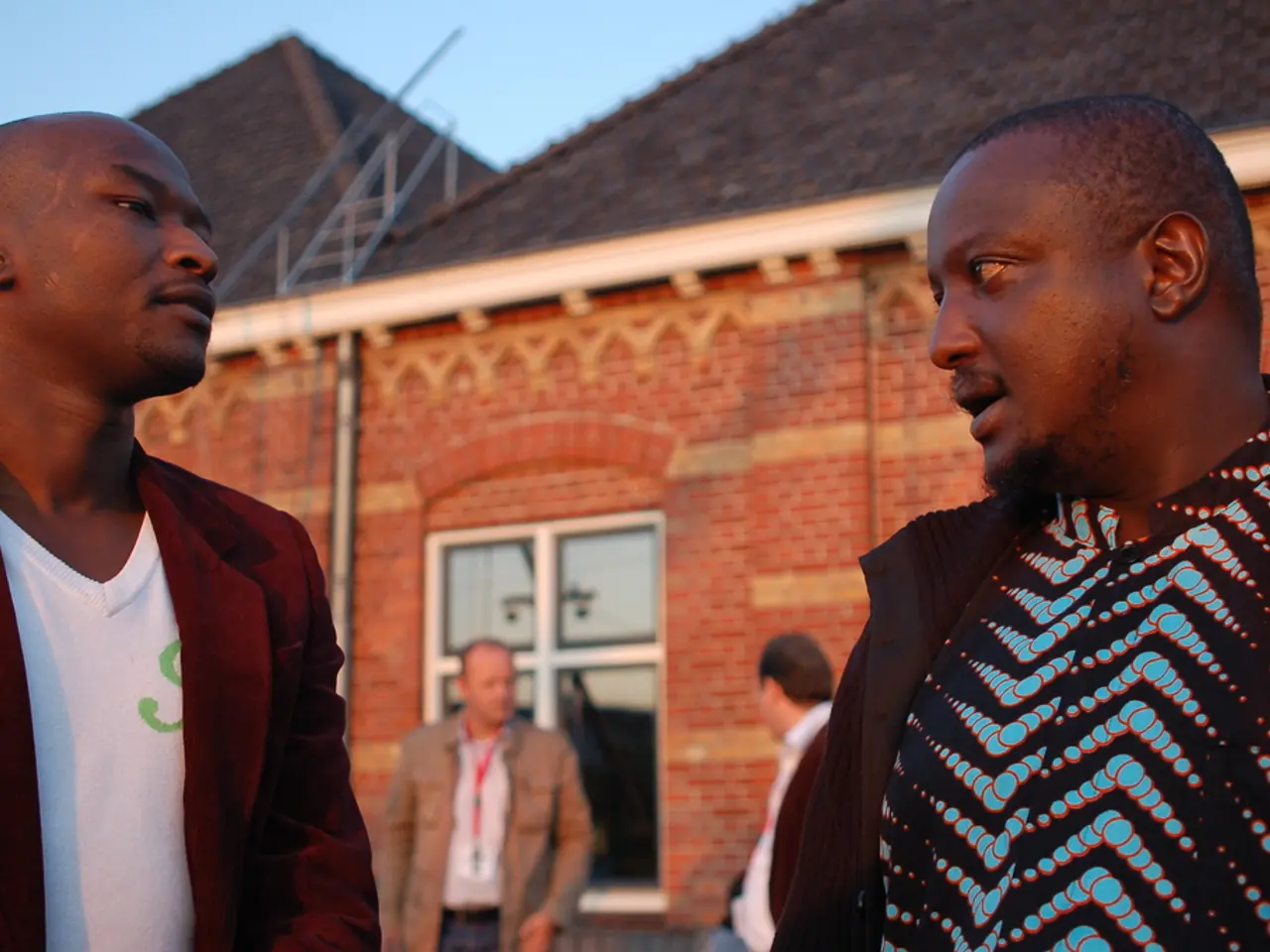Affordable housing in Kenya needs to focus on security and comfort as its key priorities.
In the heart of East Africa, Kenya is undergoing a significant transformation, with housing playing a pivotal role in its Bottom-Up Economic Transformation Agenda. The government's ambitious affordable housing programme aims to reduce the housing deficit, create jobs, and boost local manufacturing, all while prioritising dignity and social equity.
A basic need, shelter is being reimagined as a public good: well-connected, liveable, and climate-resilient. Quality, accessibility, and community integration are non-negotiable in Kenyan housing projects. Affordability, however, should extend beyond construction costs or monthly payments; it must encompass the total cost of living, including transport, utilities, maintenance, and time.
Community acceptance is essential for sustainable urban renewal. Large-scale evictions and infrastructure upgrades, part of Kenya's ongoing urban transformation, must be accompanied by phased relocation, adequate compensation, and inclusive consultation. This approach ensures that vulnerable populations, often working in the informal economy, are not pushed to the margins by poorly designed programmes.
International examples offer valuable lessons. Singapore's Housing Development Board integrates schools, clinics, green spaces, and transit, creating vibrant, mixed-income communities. Vienna prioritizes accessibility and design in its municipal housing system, ensuring housing is a social right, not merely a commodity. Medellín improved equity by integrating marginalised areas, fostering social inclusion and dignity through urban regeneration, transport connectivity, and participatory planning.
Kenya can adapt these lessons by emphasising government-led financing and regulation to ensure affordability without sacrificing quality. Designing mixed-use, mixed-income communities that integrate housing with social and economic infrastructure is another key strategy. Including residents in planning to respond to local needs and foster ownership is crucial. Transparency and anti-corruption measures must also be prioritised to prevent project failures.
Rather than replicating models wholesale, Kenya should tailor these principles to its context, prioritising dignity, security, social equity, and environmental sustainability in housing policies. Recent Kenyan initiatives highlight efforts to involve various stakeholders and innovative financing to meet these goals.
The success of the housing programme cannot be measured solely by the number of units delivered or the cost per square metre. Dignity must be embedded in Kenya's housing vision to transform lives, not just skylines. Housing intersects with jobs, health, safety, and mobility in Kenya. By prioritising dignity and social equity, Kenya can create housing that upholds human dignity, providing safe, comfortable, and socially inclusive environments.
References:
[1] World Bank. (2021). Kenya's Affordable Housing Program: A New Approach to Addressing the Housing Deficit.
[2] UN-Habitat. (2021). Affordable and Sustainable Housing for All: The Role of the Private Sector in Kenya.
[3] Kenya National Housing Corporation. (2021). Kenya's Affordable Housing Program: Progress and Challenges.
[4] ADB. (2021). Financing Sustainable Urban Development in Kenya: Opportunities and Challenges.
[5] Transparency International. (2020). Corruption Perceptions Index: Kenya.
Home-and-garden projects in Kenya's ambition to reduce the housing deficit should integrate community gardens, promoting a healthier lifestyle and sustainable living. In line with the emphasis on dignity and social equity, these spaces can be used for education and skills training programs, providing opportunities for individuals within the informal economy.
With lifestyle and health being important aspects of the Kenyan Bottom-Up Economic Transformation Agenda, integration of essential services like epaper kiosks within housing complexes could enhance access to information, promote digital literacy, and support the overall well-being of the community.



